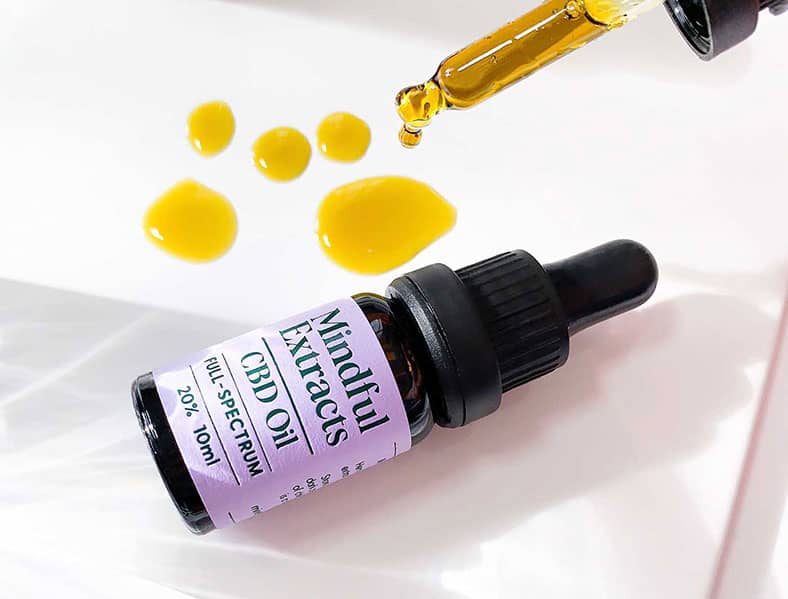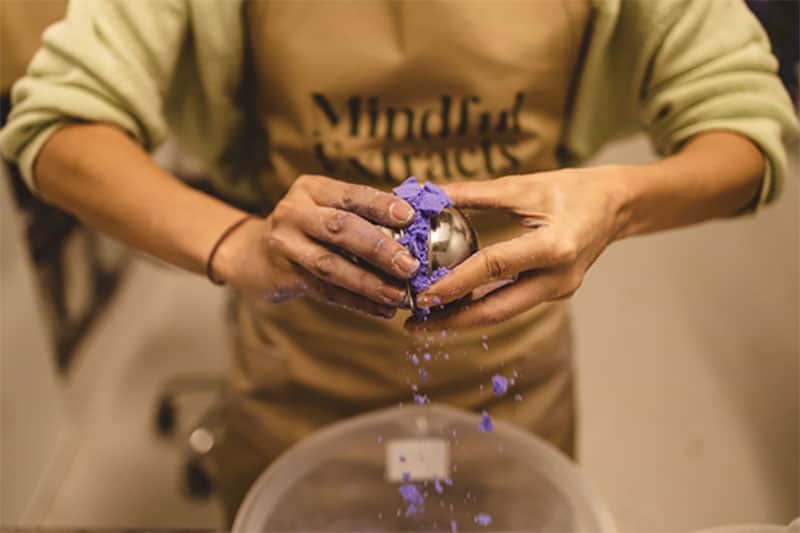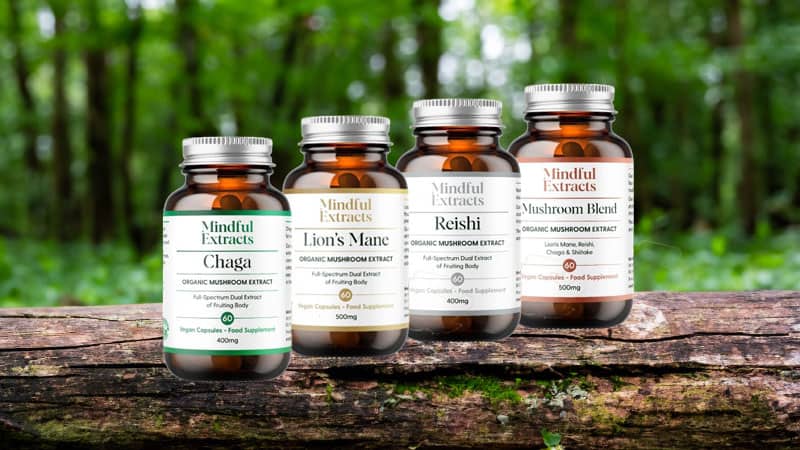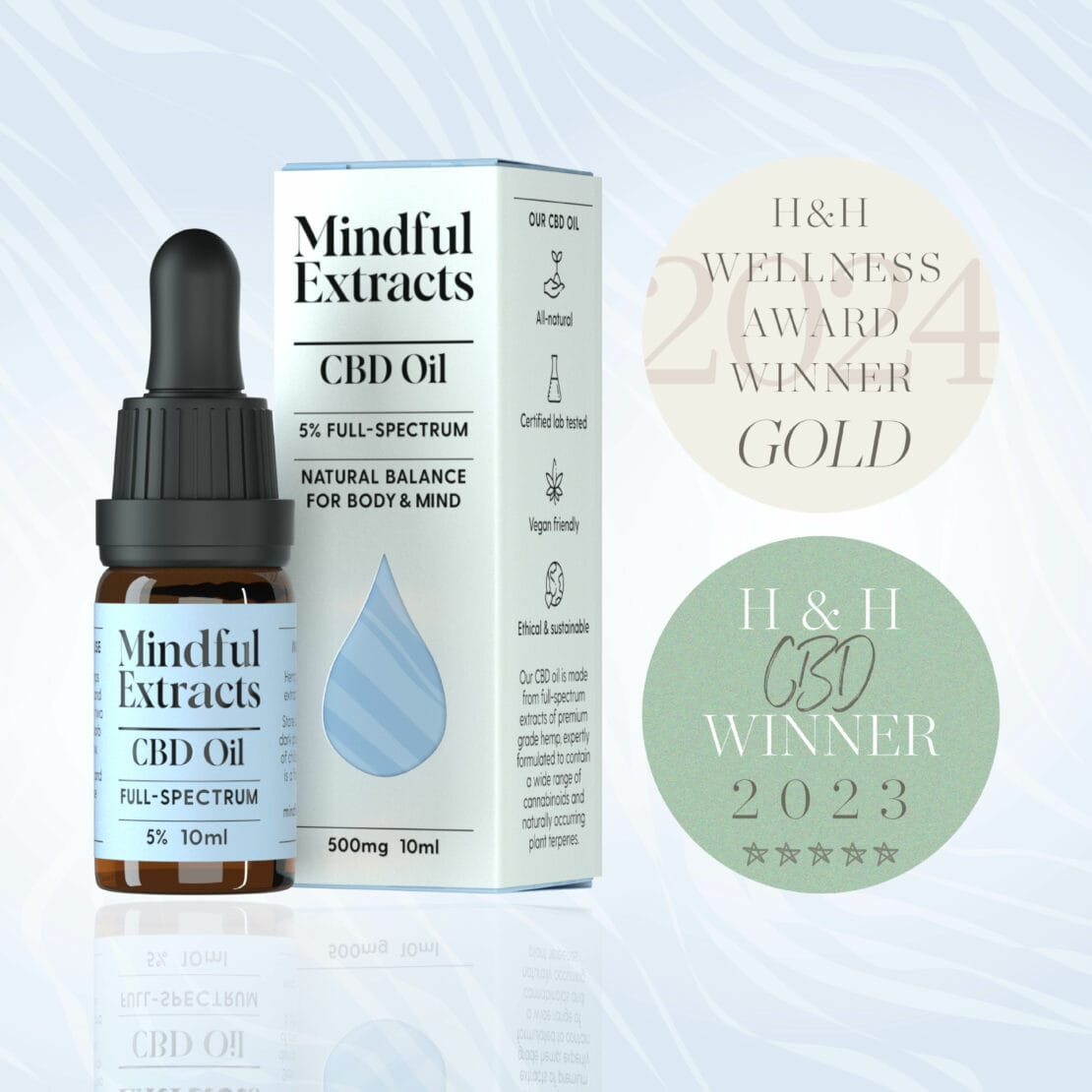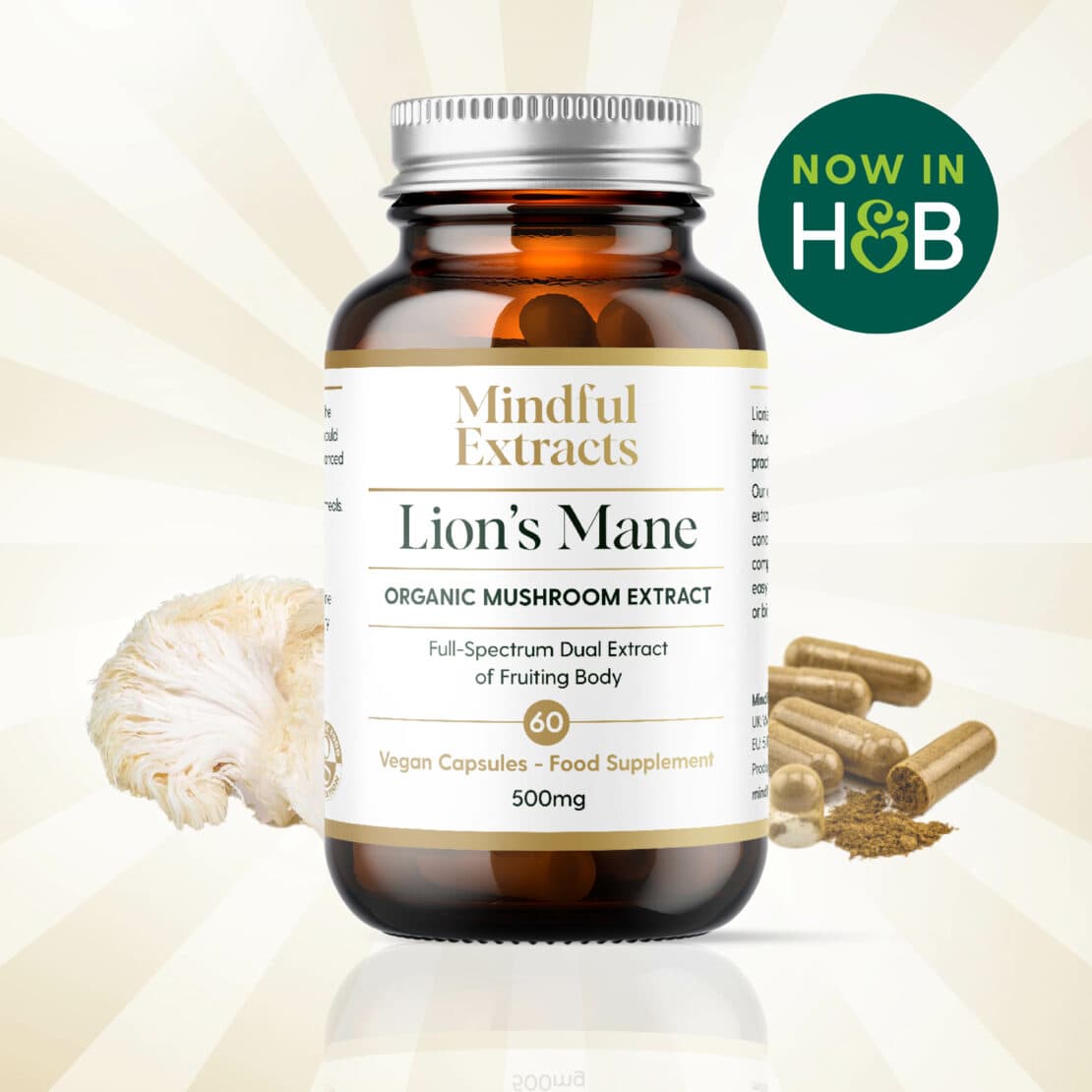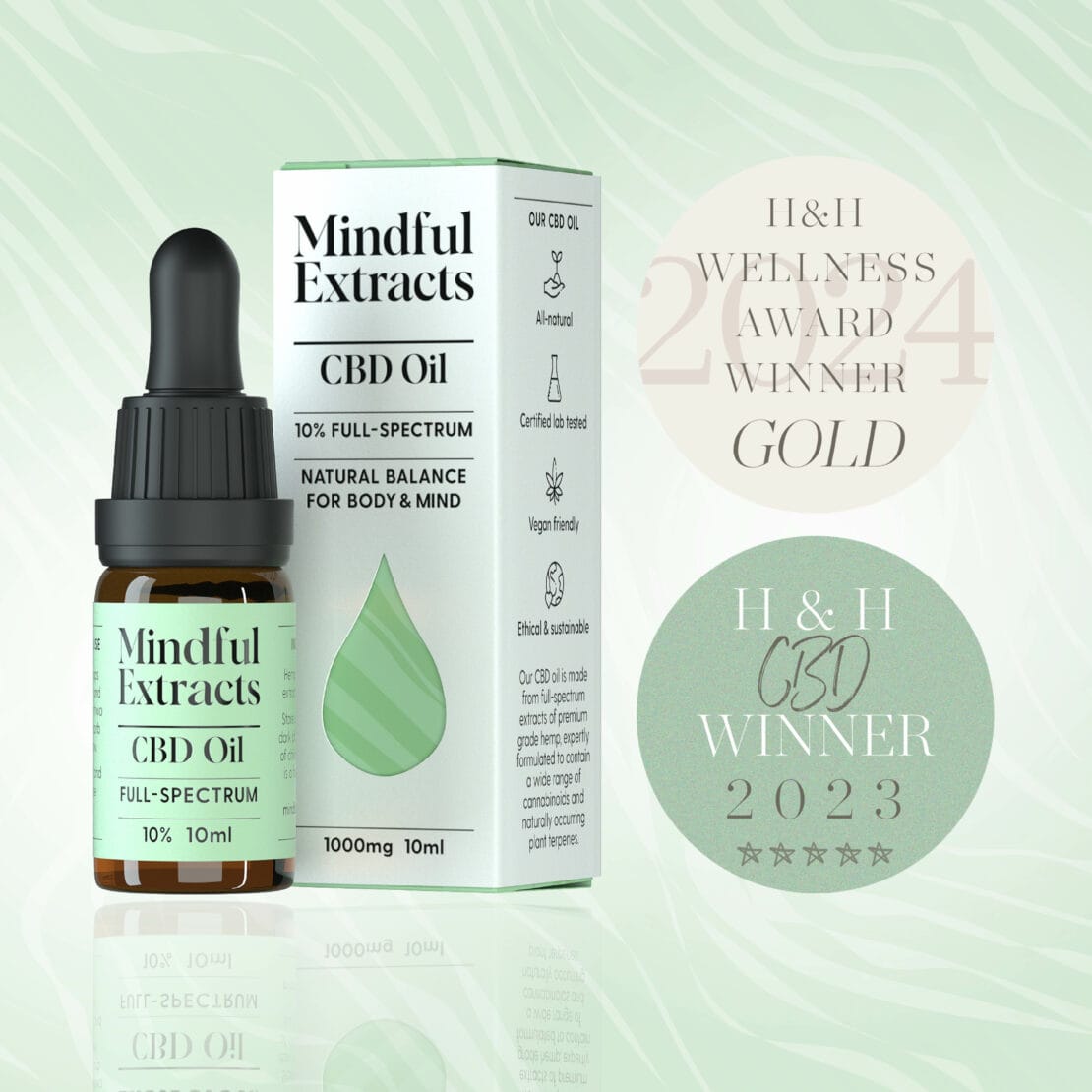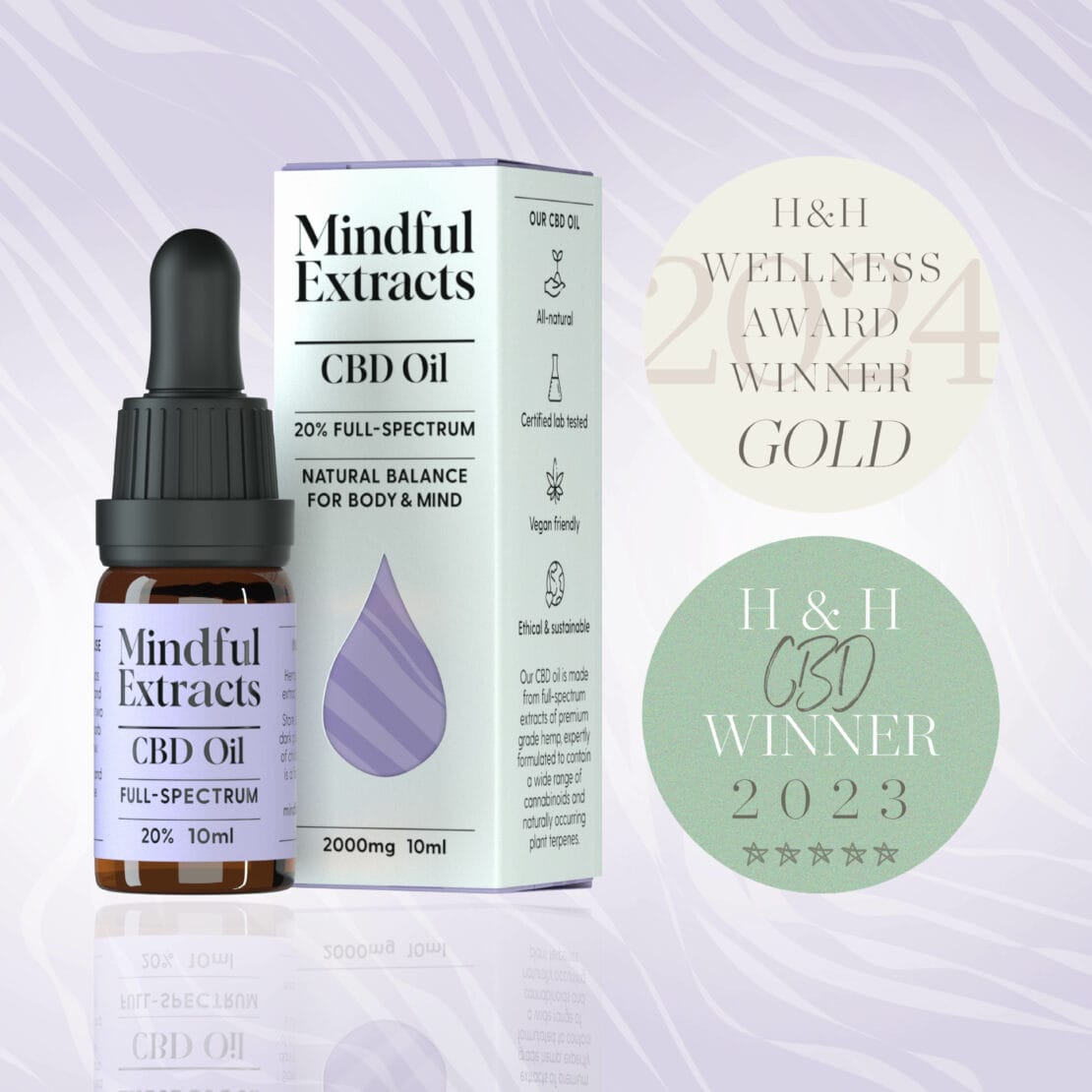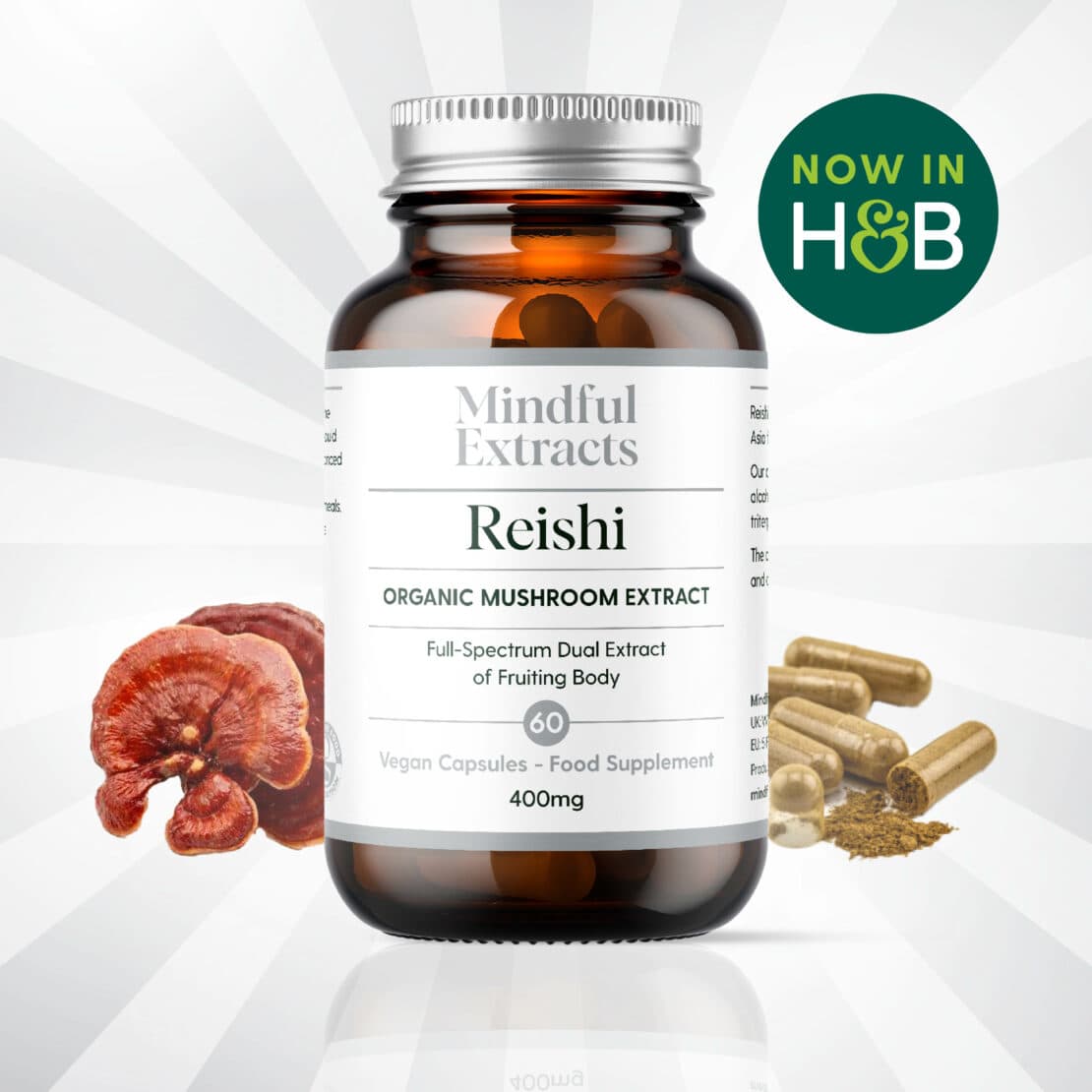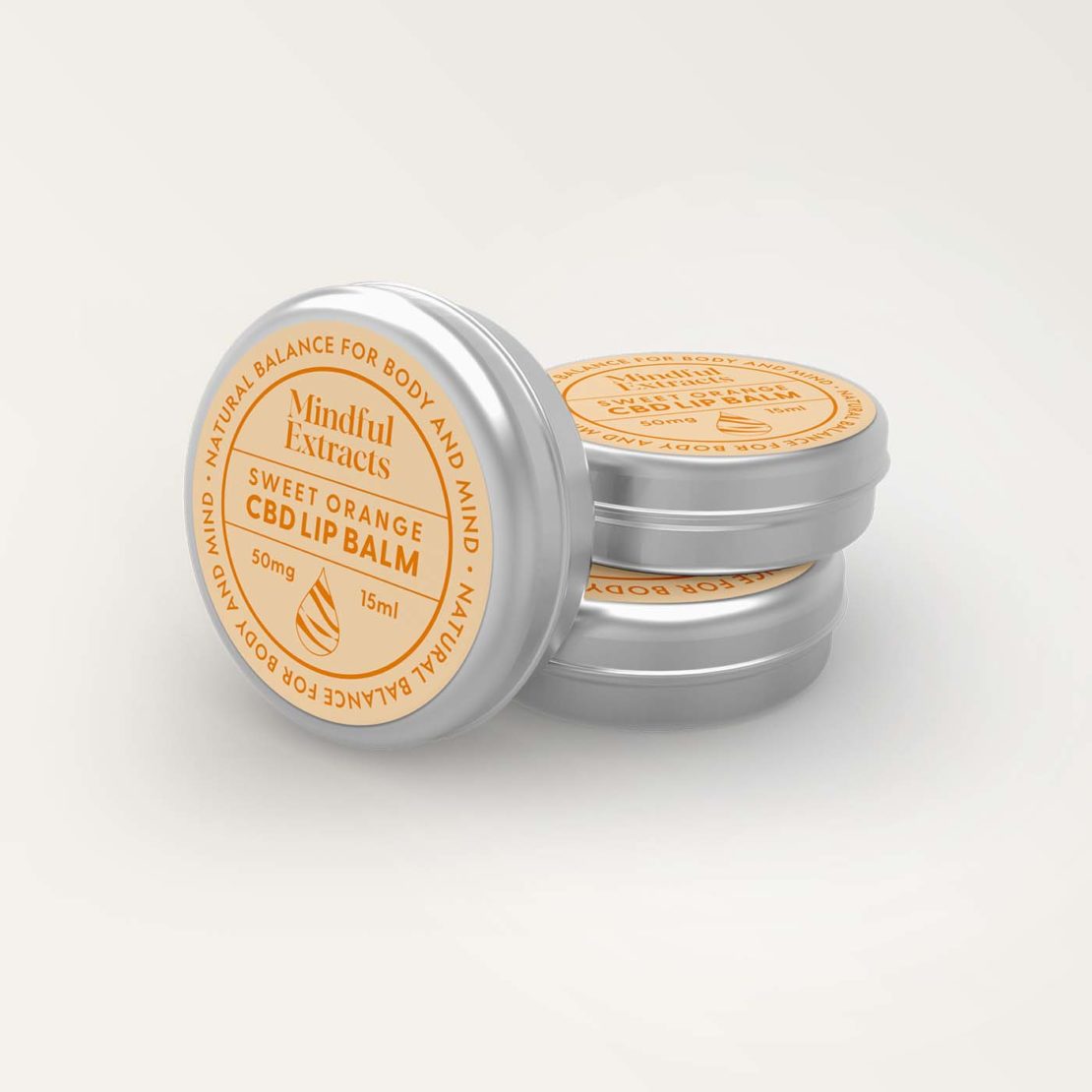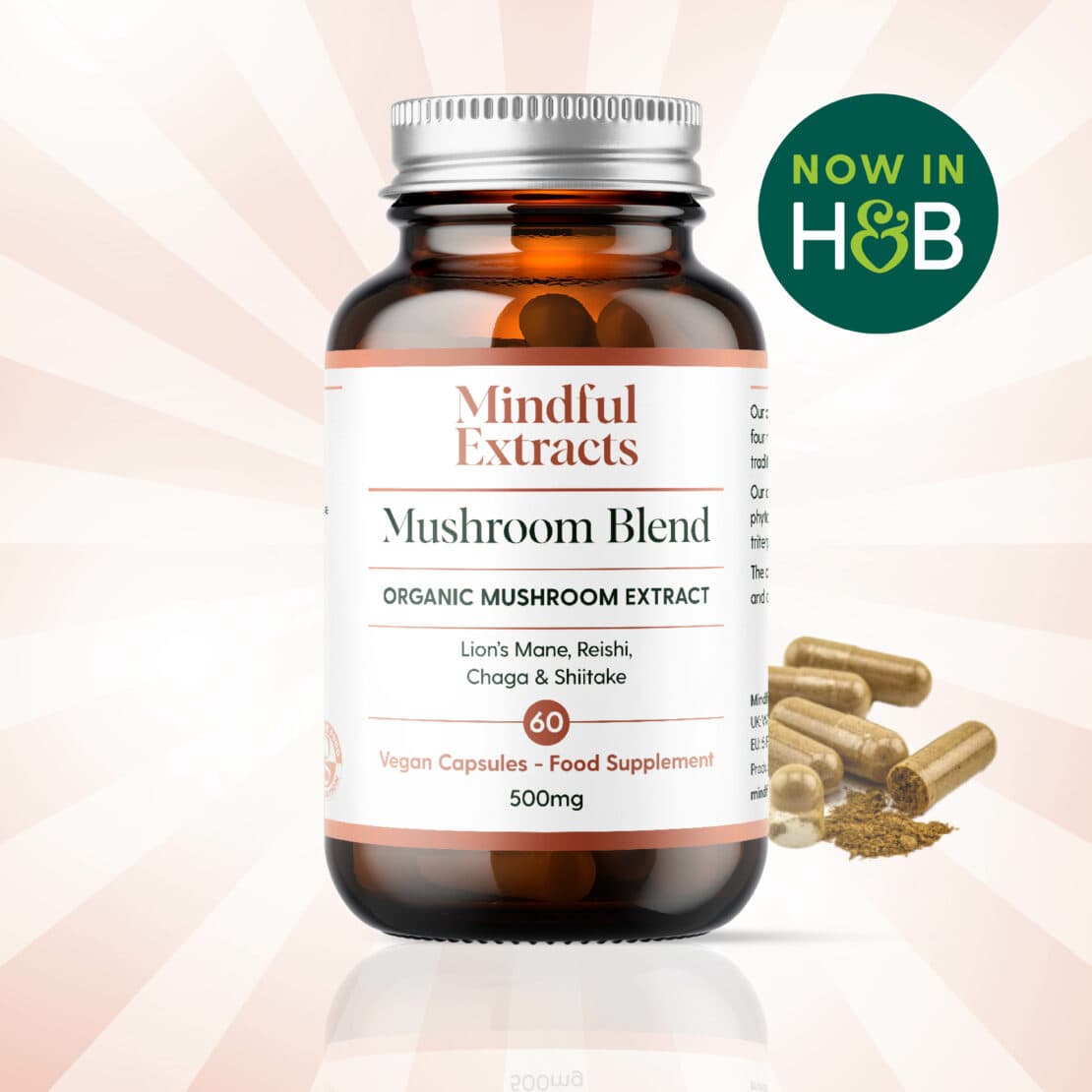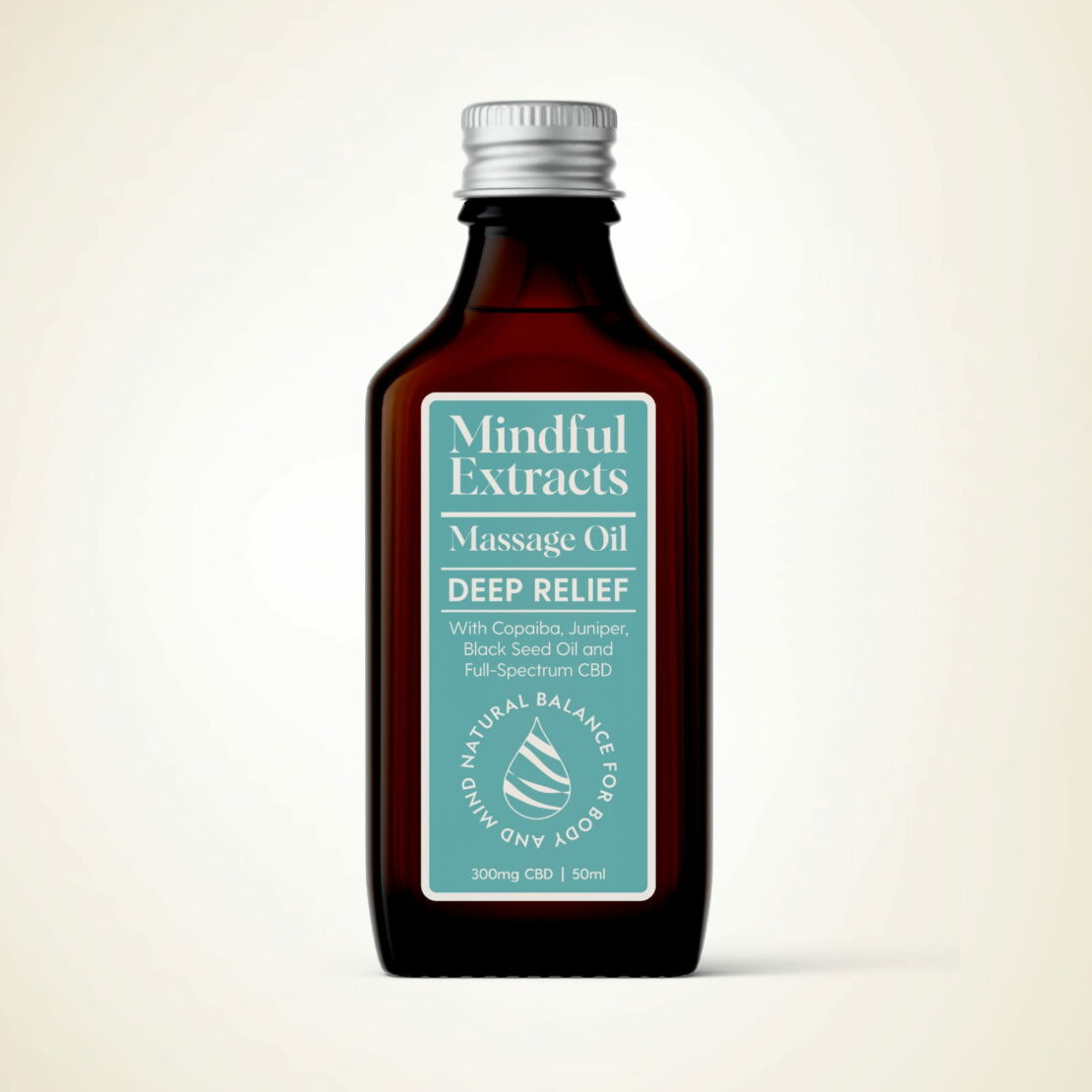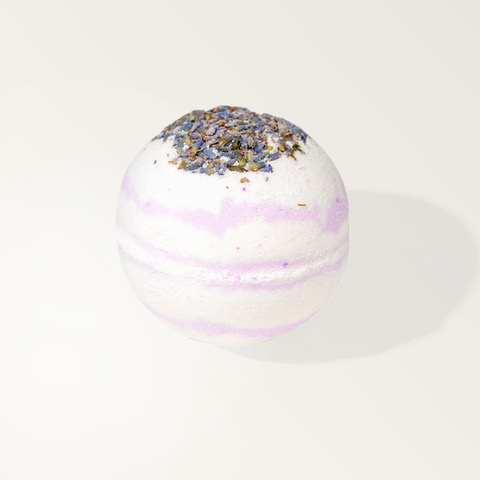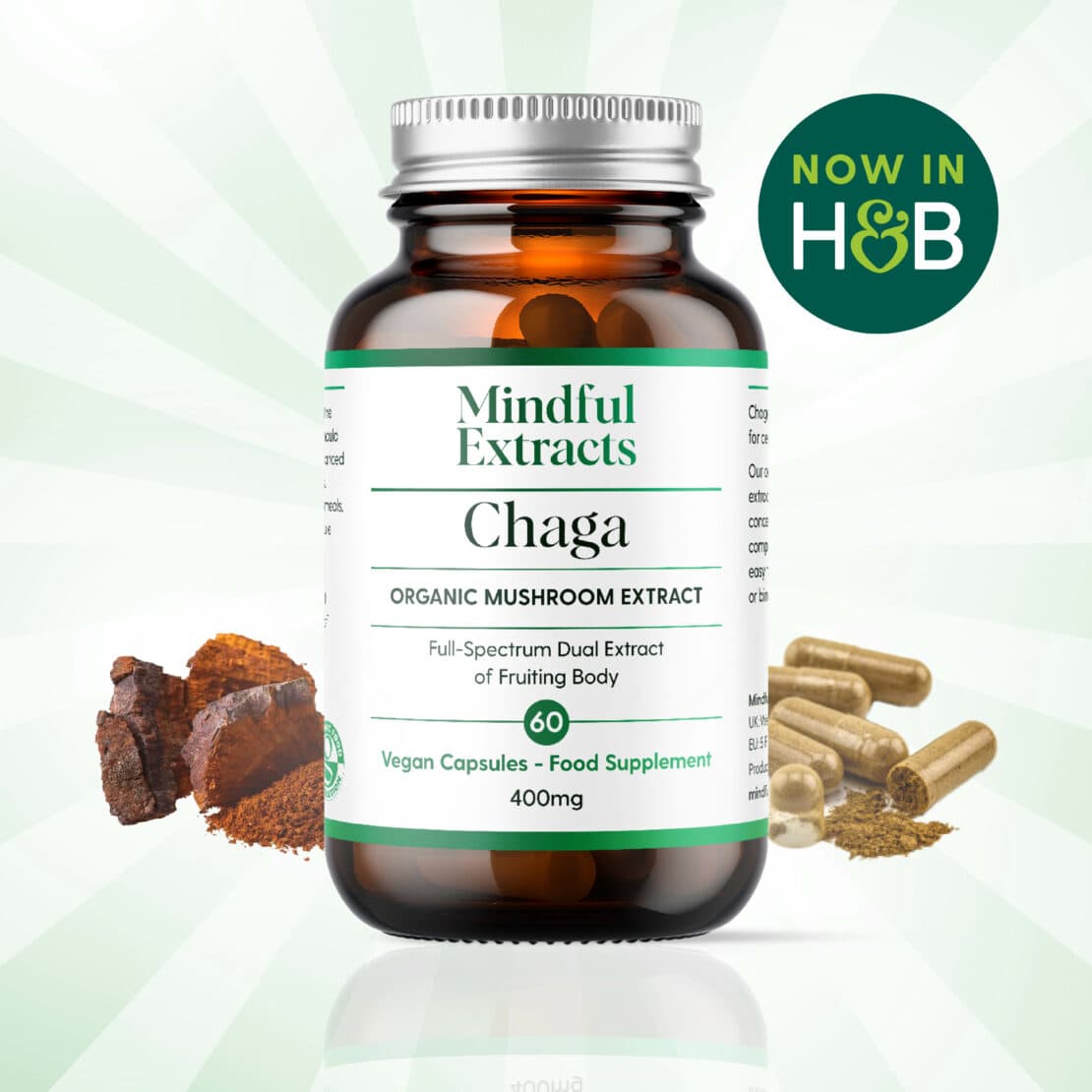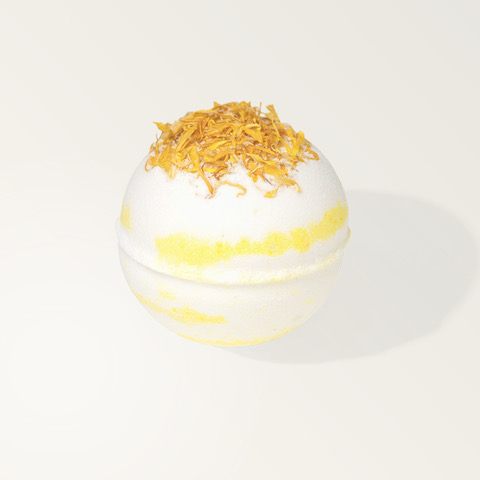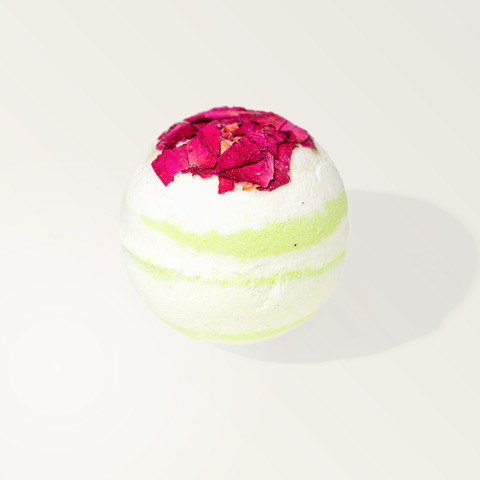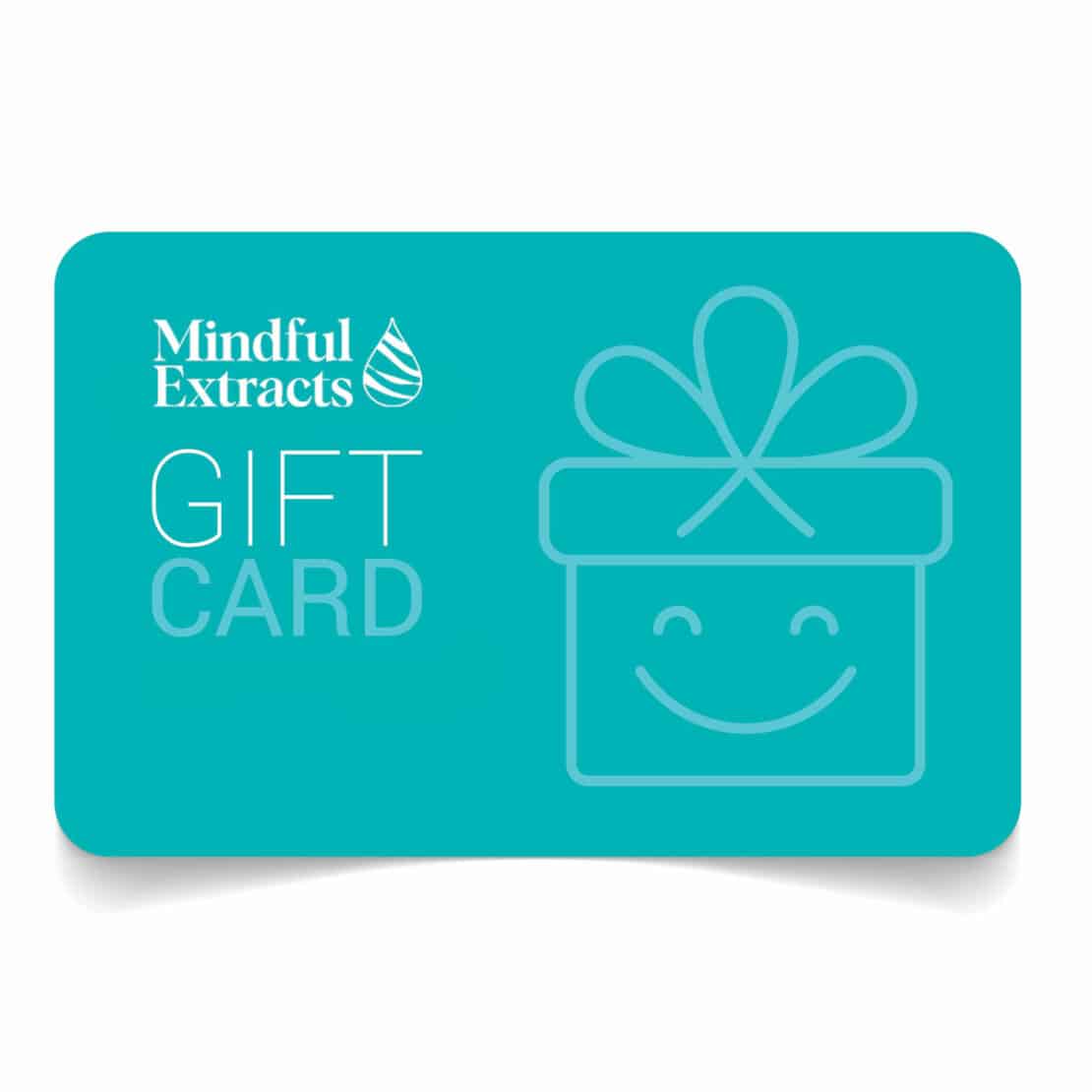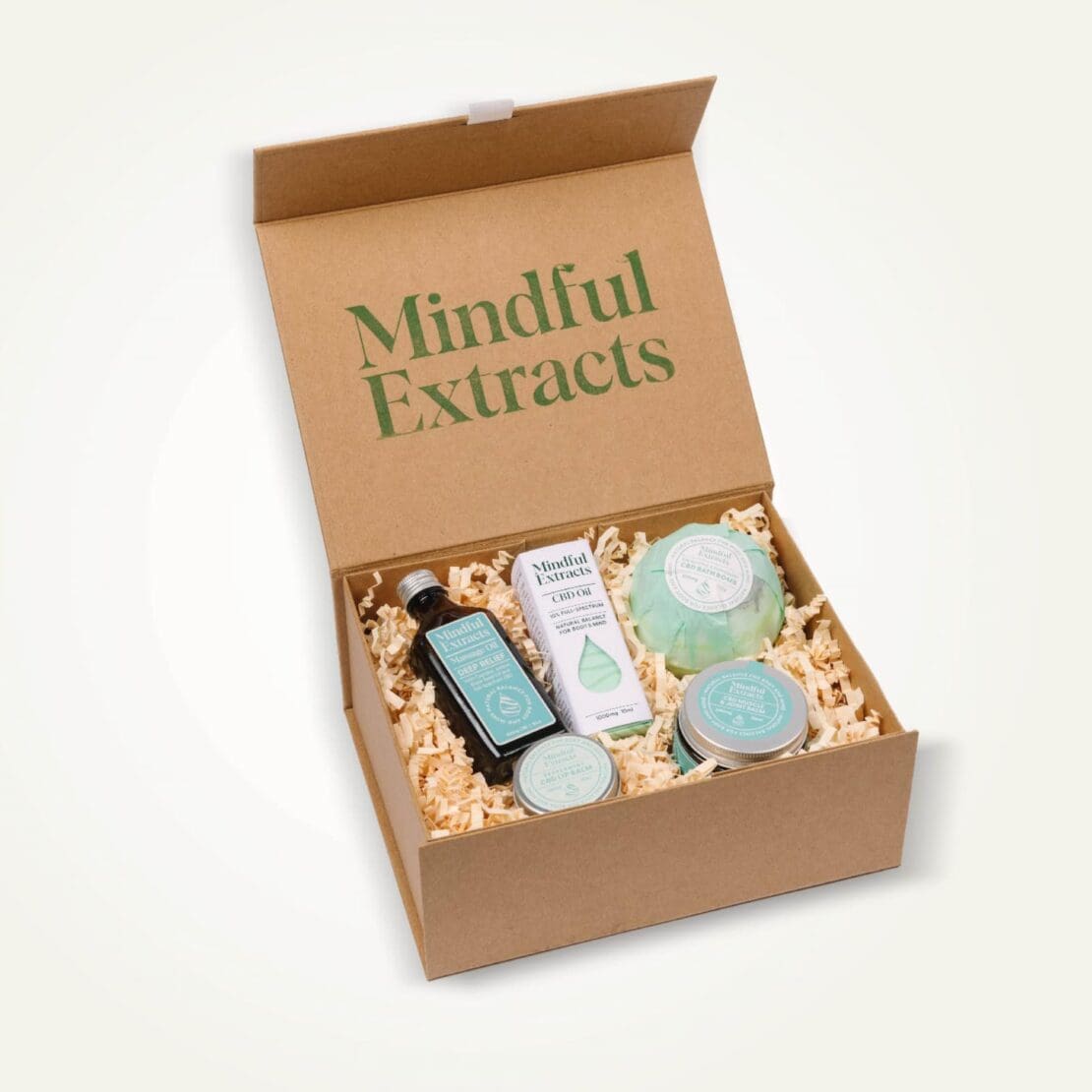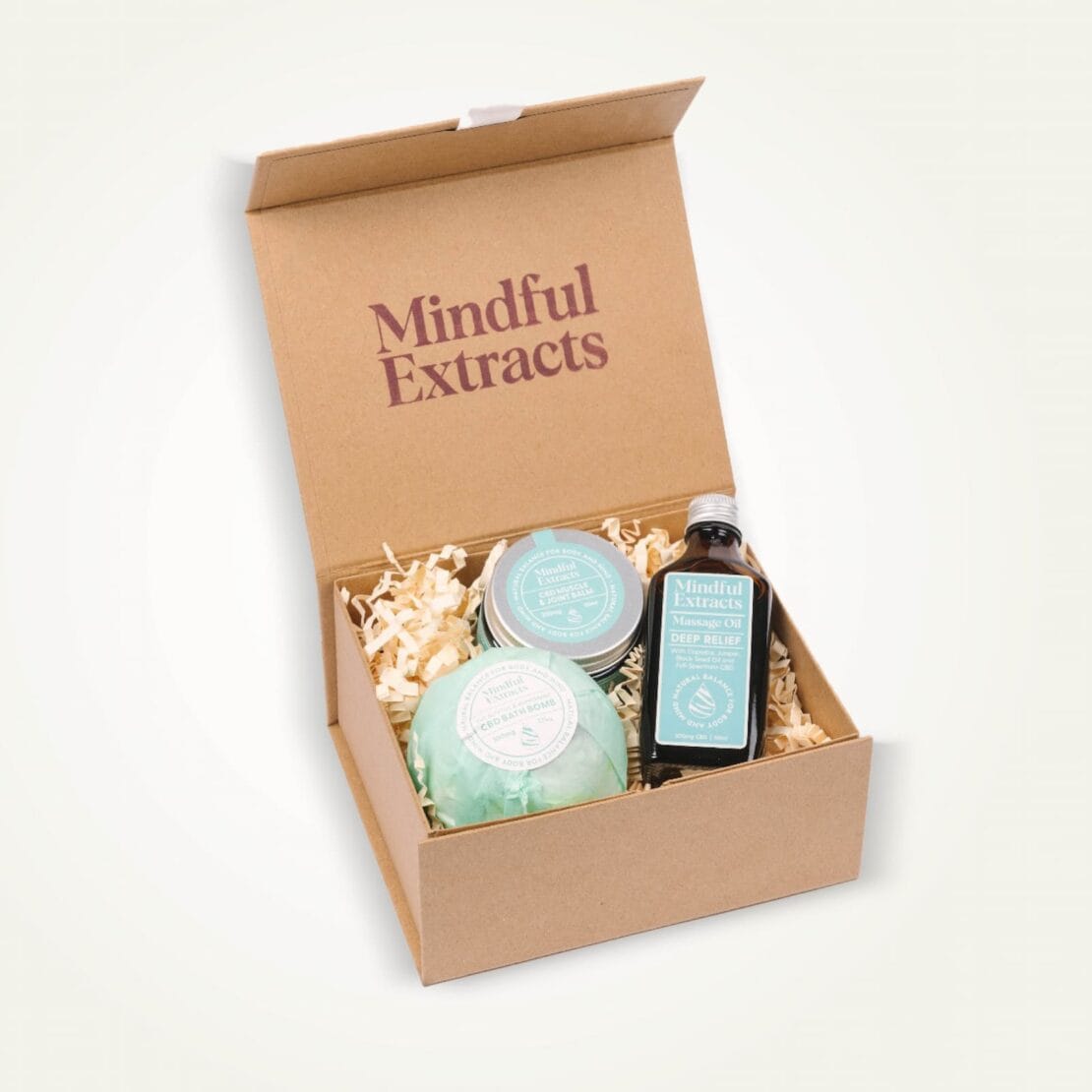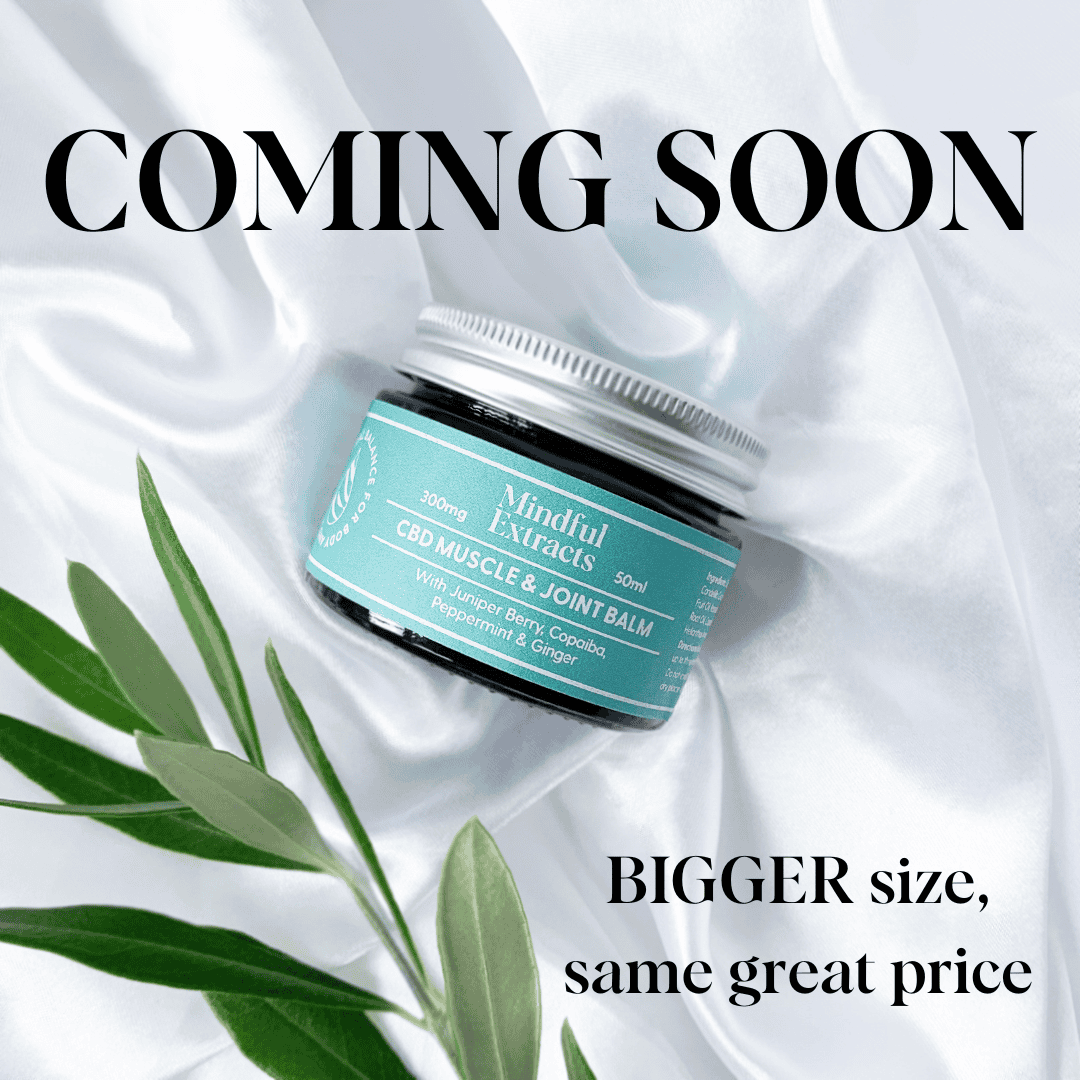One of the frequent questions I get asked by our customers is, “Does CBD oil show up on a drug test?”.
My short answer to this question is: unlikely if your CBD has less than 0.2% THC – as do our CBD oils – but it’s still possible in some circumstances.
It’s an obvious concern for CBD users, particularly those working in a job where workplace drug testing may be required due to inherent safety factors, such as driving vehicles, operating high-risk equipment, or looking after vulnerable people. For example, I most often get inquiries from railways staff, police officers and HGV drivers.
Please read the most important points I’ve covered below to learn more.
Is CBD oil classified as a drug in the UK?
No. CBD oil is not classified as a drug if its THC (TetraHydroCannabinol) content is less than the UK legal limit of 0.2%. THC is the psychoactive compound found in cannabis plants that delivers the ‘high’ associated with its use. Reputable suppliers, like Mindful Extracts, guarantee its CBD products have less than 0.2% THC.
What is drug testing, and how is it performed?
When a person consumes a drug, it enters the bloodstream. The body then metabolises it, mainly via the liver, to separate it into different chemical compounds. These compounds are called metabolites and different drugs produce different metabolites. Therefore, drug testing looks for signs of specific drug metabolites as they remain in the body longer than the drug itself.
The sample for the test will typically be taken from a person’s saliva (via a mouth swab), urine, hair, or nails. The sampling method chosen will depend on cost, result speed, and drug use recency. Saliva and urine are the cheapest and quickest to test, though they only show recent drug use. Nails and hair are more expensive to test and take longer, however, they will show longer-term drug use.
Saliva can show signs of drug use for up to 48 hours and urine for about 4-days. The initial screening test for saliva and urine is usually an immunoassay test. This is a biochemical test that is quick to carry out and it looks for the target metabolites. If this test delivers a positive result, the next step is a confirmatory test that uses chromatography to identify the target drug metabolites. This is a more accurate test and therefore is less likely to deliver a false-positive result.
Nails can have a detection period of 6 to 12 months, depending on whether fingernails or toenails are tested. Similarly, hair can also show the presence of drug metabolites for up to 12 months. Nails and hair must be first be cleaned and then ground into a powder which then goes straight to a confirmatory test.
The primary metabolite from the THC in cannabis is 11-nor-9-carboxy-Δ9-tetrahydrocannabinol (thankfully, this is more commonly known as THC-COOH!). This metabolite can be detected from a saliva and urine tests as it is a stable compound at higher concentration levels than THC.
With a urine drug test, the typical minimum level of THC-COOH detected is 50 ng/mL (nanograms per millilitre). A nanogram is one billionth of a gram which is a tiny amount! This minimum is set to avoid false positives rather than any technical limitation of the test.
CBD with less than 0.2% THC contains only trace amounts of THC, so the THC-COOH in your system will be very low. Therefore, unless you consume large quantities of CBD with 0.2% THC (and we mean large!), the levels are unlikely to be high enough to trigger a positive result on a drug test (though there have been reports of false positives from CBD use – see below).
Does CBD show up on drug tests?
As mentioned earlier, cannabis-related drug tests are screening for metabolites of THC and not CBD. Therefore, it is unlikely you would test positive on a THC drug test if your CBD oil contains less than 0.2% THC.
However, there are anecdotal stories of positive drug test results after consuming CBD. These are likely due to a combination of the specific testing method, test tolerances, and the type and amount of CBD consumed.
So, if you are concerned about a drug testing while using CBD, these are my recommendations
- If you have a job that requires drug testing, speak to your employer first before starting to take CBD. Share this article with them and show them our lab reports that contain detailed analysis by accredited laboratories on all our CBD oils.
- Ensure that any CBD oil you buy, or any other CBD product, is from a reputable supplier that clearly states it contains less than 0.2% THC content.
- Keep well within the daily limit of 70mg CBD per day as recommended by the UK’s Food Standards Agency (FSA). That FSA limit equates to about 28 drops of 5% CBD per day. However, this is far more than we recommend in our dosage guidelines!
The legal stuff!
We want to remind you that the information presented in this blog post should not be interpreted as legal advice.
While we’ve made every effort to ensure the accuracy of the information, we can’t guarantee its completeness and accuracy. Therefore, you must understand that any reliance you place on the information presented in this post is done so at your own risk. We cannot be held liable for any loss, damage or legal action arising from its use.
Thanks for reading this message, and we hope you find the information presented in this post helpful and informative. Keep well!
 Free Delivery on all orders over £40
Free Delivery on all orders over £40 
